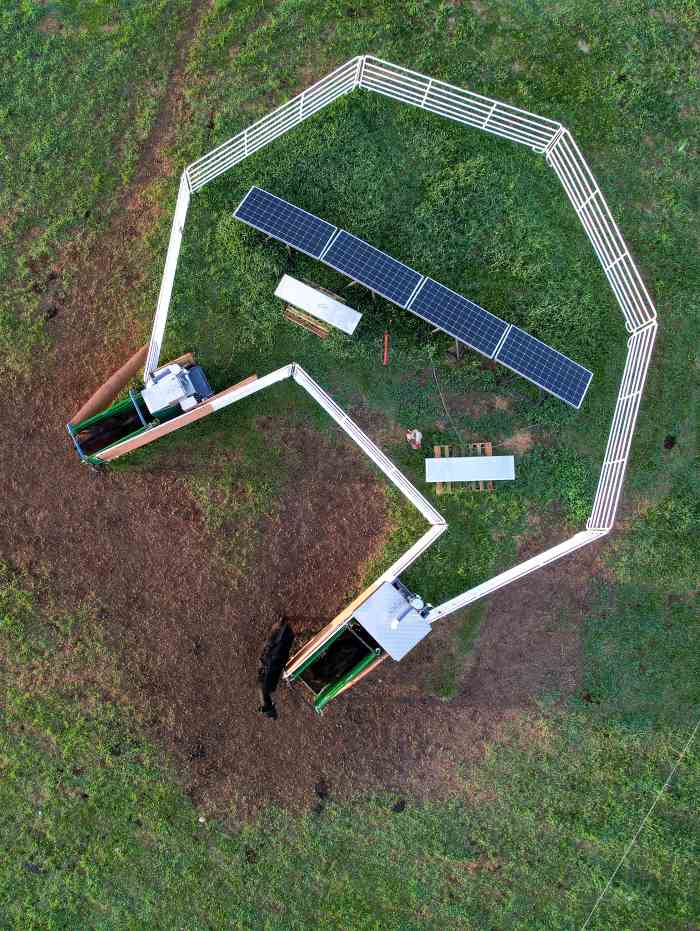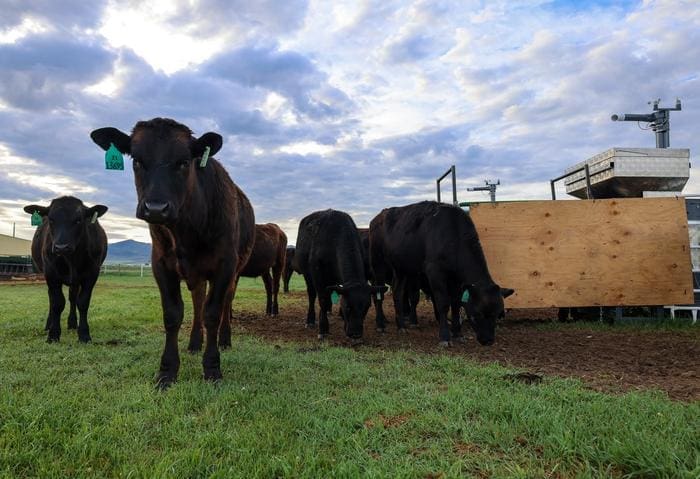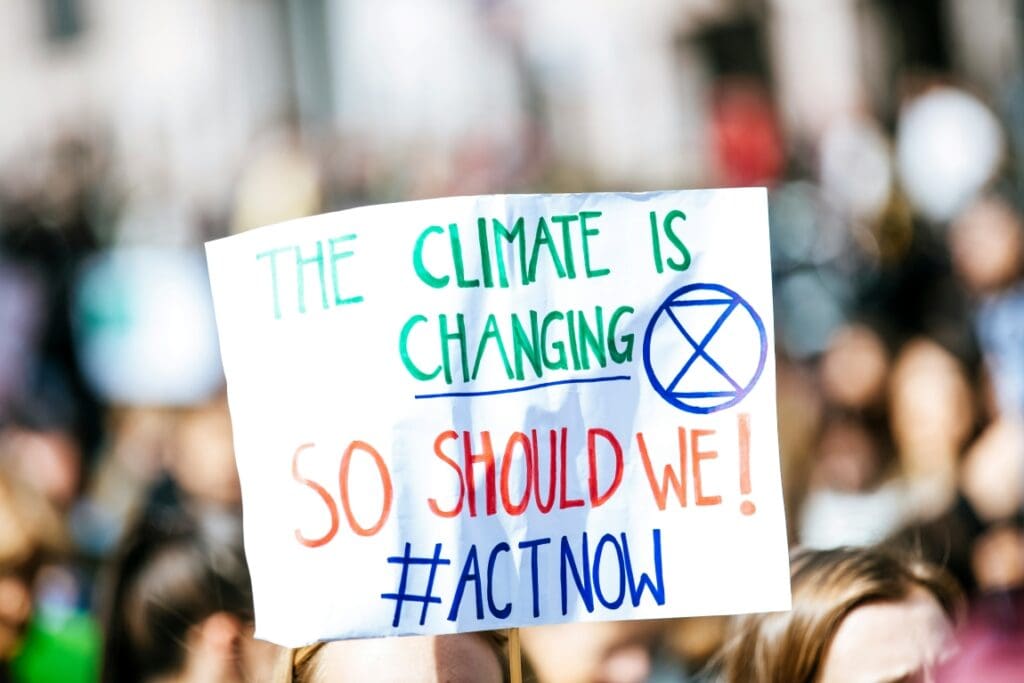In an important milestone for sustainable livestock farming, researchers at the University of California, Davis, have shown that feeding grazing beef cattle a seaweed supplement can significantly curb methane emissions.
The study, published in Proceedings of the National Academy of Sciences, found that incorporating seaweed into the diet of grazing beef cattle reduced methane emissions by nearly 40%, without compromising their health or weight.

This marks the first study globally to evaluate seaweed as a feed additive for grazing beef cattle. Previous research had demonstrated the effectiveness of seaweed in reducing methane emissions in feedlot cattle and dairy cows, with reductions of up to 82% and over 50%, respectively.
Methane emissions from livestock, particularly cattle, contribute significantly to climate change. Livestock are responsible for 14.5% of global greenhouse gas emissions, with methane released during digestion – primarily through burping – accounting for the largest share.
Grazing cattle, which consume more fibrous grass, produce higher methane levels than their feedlot or dairy counterparts. The United States alone has over 64 million beef cattle, highlighting the potential environmental impact of this dietary intervention.
“Beef cattle spend only about three months in feedlots and spend most of their lives grazing on pasture and producing methane,” said Ermias Kebreab, senior author of the study and professor in the Department of Animal Science at UC Davis. “We need to make this seaweed additive or any feed additive more accessible to grazing cattle to make cattle farming more sustainable while meeting the global demand for meat.”
The study, conducted at Matador Ranch in Dillon, Montana, involved 24 beef steers, including Angus and Wagyu breeds. Researchers divided the cattle into two groups: one group received a seaweed supplement, while the other did not. Over a 10-week period, the seaweed-fed cattle voluntarily consumed the supplement, resulting in a nearly 40% reduction in methane emissions.
Kebreab highlighted the unique challenges of reducing emissions in grazing cattle. Unlike feedlot and dairy cattle, which are more easily fed daily supplements, grazing cattle often roam far from ranches for extended periods. The voluntary nature of the seaweed supplement feeding in this study is particularly promising.
“This method paves the way to make a seaweed supplement easily available to grazing animals,” Kebreab said. “Ranchers could even introduce the seaweed through a lick block for their cattle.”
The study’s findings hold significant promise for improving the sustainability of pastoral farming, which supports millions of people worldwide, especially in regions vulnerable to climate change. In addition to mitigating methane emissions, the approach could support global efforts to meet increasing meat demand without exacerbating environmental harm.
A related article in the same issue of PNAS emphasized improving livestock production efficiency in low- and middle-income countries through better genetics, feeding, and health practices. Alison Van Eenennaam, UC Davis professor and Cooperative Extension Specialist, authored the article, pointing to these strategies as critical for balancing meat production and greenhouse gas reductions.
The research team for the seaweed study included UC Davis postdoctoral researchers Paulo de Méo Filho and John-Fredy Ramirez-Agudelo, with support from Matador Ranch.
Journal Reference:
P. Meo-Filho, J.F. Ramirez-Agudelo, E. Kebreab, ‘Mitigating methane emissions in grazing beef cattle with a seaweed-based feed additive: Implications for climate-smart agriculture’, Proceedings of the National Academy of Sciences 121 (50) e2410863121 (2024). DOI: 10.1073/pnas.2410863121
Article Source:
Press Release/Material by University of California – Davis
Featured image: Beef steers graze on a ranch in Dillon, Montana. The machine nearby releases a seaweed supplement while also measuring the cattle’s methane emissions. Credit: Paulo de Méo Filho | UC Davis




